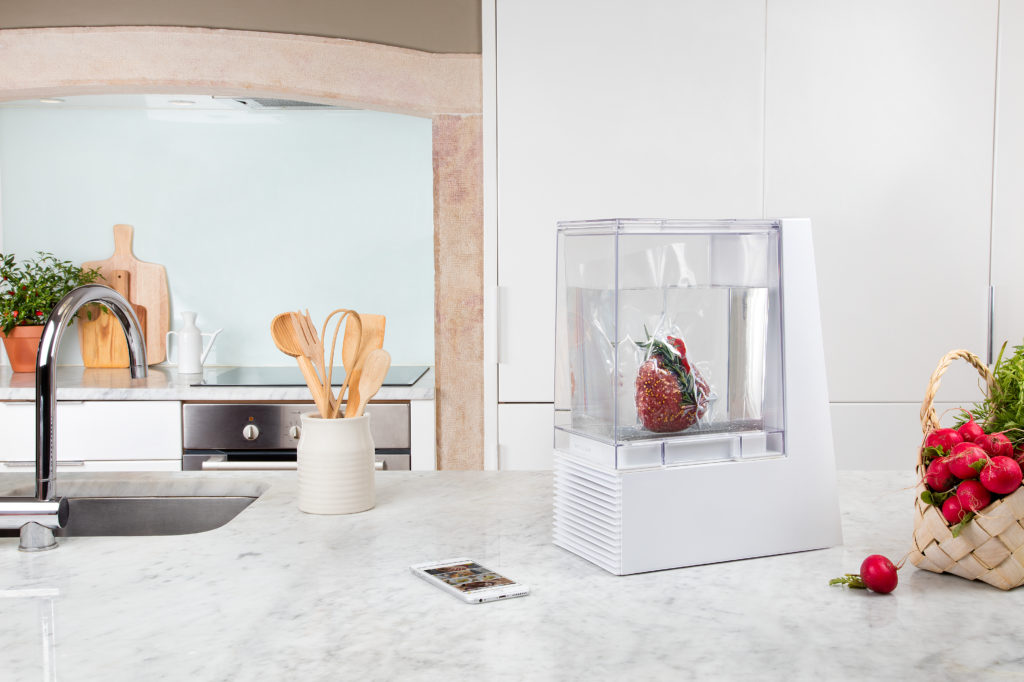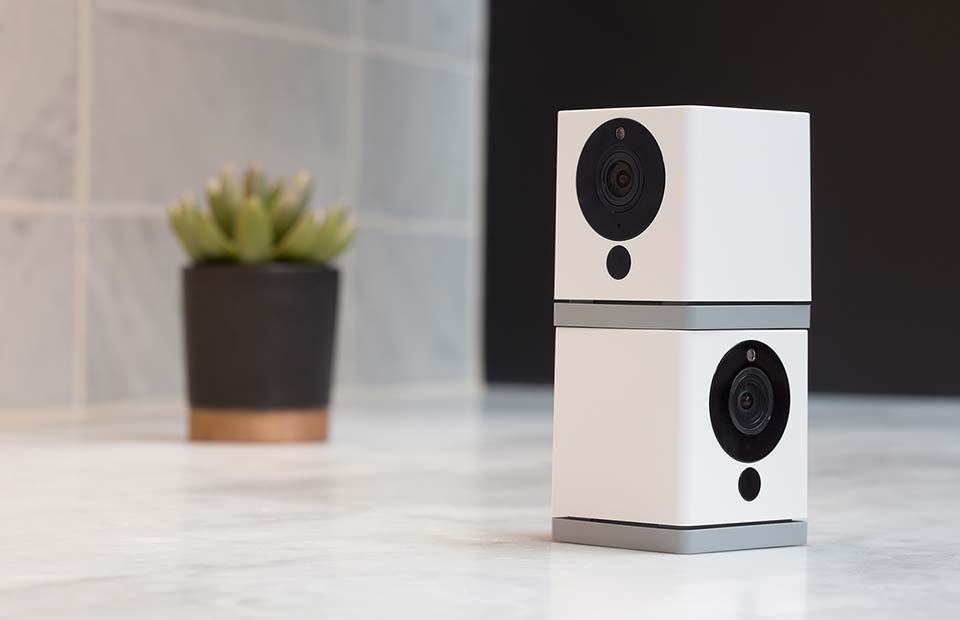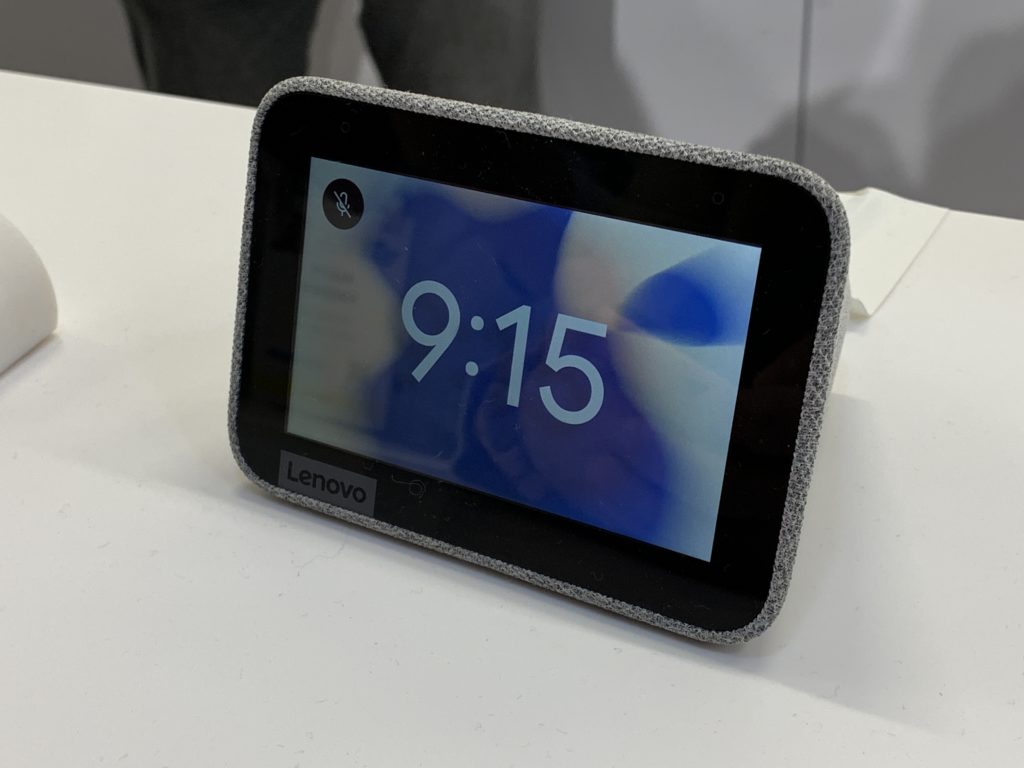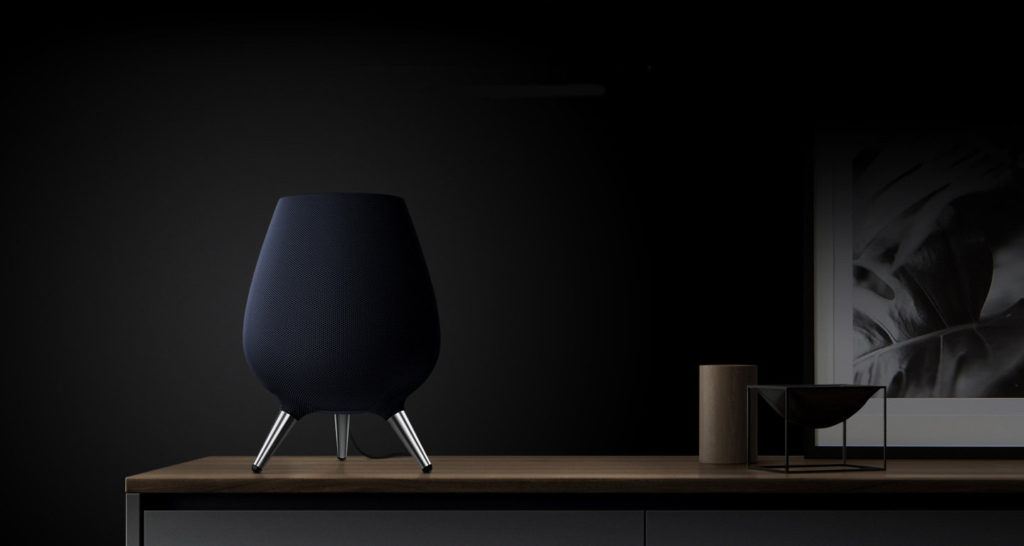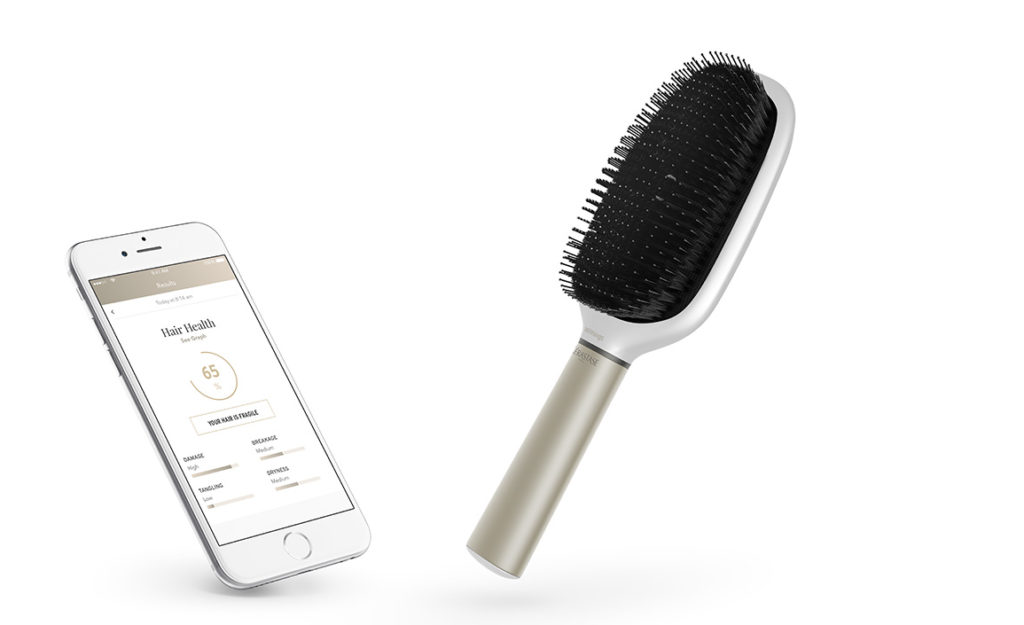We’re back after a one-week break in the Internet of Things Podcast, and we didn’t miss too much. The biggest stories of this show are the slow collapse of CES 2022 and a Bloomberg article that uses internal Amazon documents to show how Alexa growth has stagnated and illustrates the hopes Amazon has for its smart speakers. We also talk about Alexa’s unfortunate suggestion to a 10-year-old looking for a challenge. After that, we discuss a survey related to edge computing from Zededa after we explain what edge computing means for different folks. Then, in smaller news, we highlight Level Lock’s new keypad, a smart ring, sales data on connected appliances, and my review of the Fi collar. We close out the news portions of the show by answering a listener question about why he can’t find Wi-Fi motion sensors anywhere.
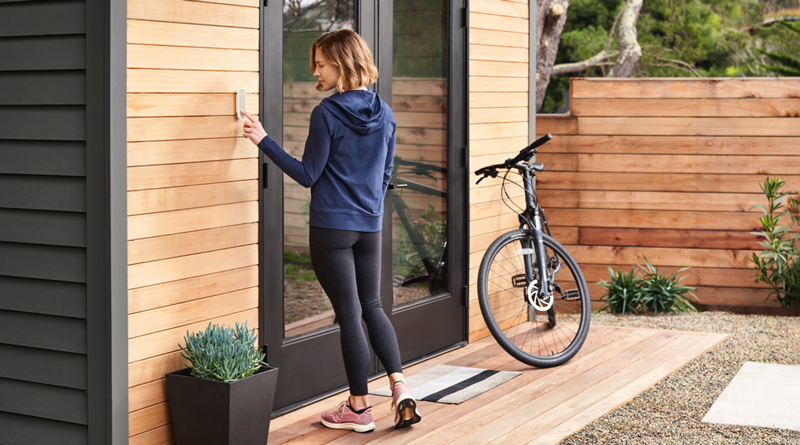
Our guest this week is Raoul Wijgergangs CEO of EnOcean. Wijergangs joined EnOcean in August to help the maker of energy-harvesting IoT devices expand into building management with a focus on sustainability. In the interview, Wijergangs talks about what he’s learned from his efforts building out the Z-wave standard, and how he’s trying to apply an ecosystems approach to making buildings smarter. We also talk about the challenges of designing energy-harvesting sensors and what new energy harvesting technologies might become available. It’s a fun interview.
Hosts: Stacey Higginbotham and Kevin Tofel
Guest: Raoul Wijgergangs CEO of EnOcean
Sponsors: Twilio and Silicon Labs
- I’m no longer going to CES, and I’m not alone.
- Alexa and the smart home are stagnant.
- I love keypads with my smart locks.
- Sustainable buildings should be smart and need middleware to get there.
- New polymers might drive the next generation of energy harvesting devices.
Podcast: Play in new window | Download | Embed
Subscribe: RSS

